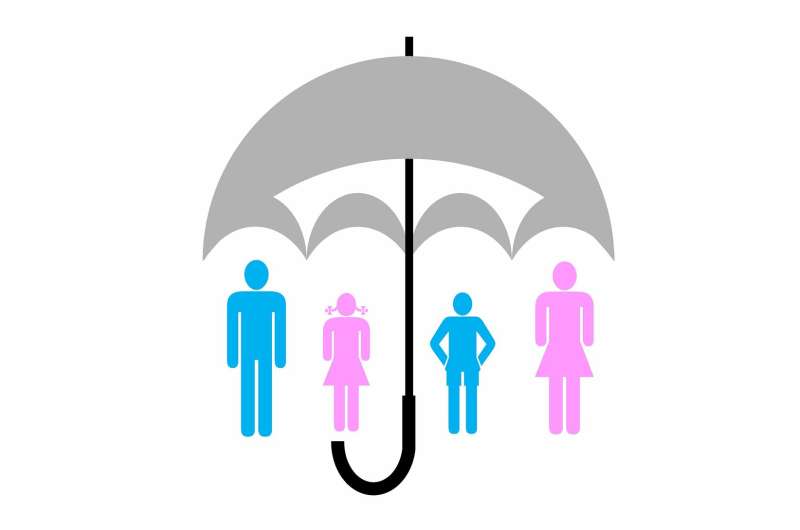Millions Face Loss of Healthcare Coverage Due to Stringent Reenrollment Policies on HealthCare.gov

A new study highlights how burdensome reenrollment policies on HealthCare.gov are leading to significant coverage loss among millions of Americans, risking increased uninsured rates.
A recent study reveals that millions of Americans enrolled through HealthCare.gov are at risk of losing their health insurance coverage because of increasingly burdensome reenrollment procedures. Researchers from the University of Pittsburgh, University of South Carolina, and Emory University analyzed data from 2022 to 2024, shedding light on how administrative hurdles are impacting coverage retention. The findings, published in JAMA Health Forum, indicate that the requirement for enrollees to actively reenroll and start making premium payments upon insurer exit significantly reduces renewal rates, particularly affecting those with zero-premium plans.
Specifically, the study notes a decline of about 7% in reenrollment among affected individuals, which translates to approximately a quarter of a million Americans losing their Marketplace coverage in 2024 alone. The process of switching plans or renewing coverage often involves complex paperwork and timely payments, challenges that disproportionately affect low-income enrollees with limited experience navigating the health insurance system.
The introduction of policies that mandate premium payments starting January 1, after a year of not paying, has been identified as a critical factor contributing to coverage loss. This administrative complexity may unintentionally cause people to forgo coverage altogether, especially when they face difficulties adjusting to new plans or due to insurer exits from the Marketplace.
Experts warn that these policies could worsen the coverage gap for millions, particularly under proposals to increase premium payments for current zero-premium enrollees. If implemented, such measures could lead to further declines in coverage and a rise in uninsured Americans, undermining the objectives of the Affordable Care Act which has already provided coverage to over 24 million individuals.
Overall, the study underscores the need for simplified enrollment and renewal processes to ensure that vulnerable populations do not lose access to vital health insurance coverage. Administrative barriers, if unaddressed, threaten to undo progress made in expanding healthcare access through the Marketplace.
Source: https://medicalxpress.com/news/2025-05-millions-healthcaregov-coverage-loss-due.html
Stay Updated with Mia's Feed
Get the latest health & wellness insights delivered straight to your inbox.
Related Articles
France Implements Outdoor Smoking Ban in Public Spaces to Protect Children
France is set to ban smoking in outdoor public spaces accessible to children, including beaches and parks, starting July 1, 2025, in a major effort to protect youth from tobacco exposure.
Artificial Intelligence Enhances Identification of Candidates for Targeted Breast Cancer Therapies
AI technology is transforming breast cancer diagnosis by improving the accuracy of HER2 testing, potentially expanding targeted therapy options for more patients. A new study demonstrates how AI assists pathologists in better identifying low and ultralow HER2 levels, opening avenues for personalized treatment. source: https://medicalxpress.com/news/2025-05-ai-id-candidates-breast-cancer.html
Innovative Mini-Organ Models Uncover Hantavirus Mechanisms and Potential Treatments
UCLA researchers have developed human organoid models to study hantavirus infections, uncovering how these viruses attack tissues and identifying promising antiviral compounds for future treatments.
Innovative At-Home Melanoma Test Using Skin Patch Shows Promise in Animal Studies
A novel skin patch developed by University of Michigan researchers shows promise for at-home melanoma detection using microneedles that capture cancer-specific exosomes, enabling quick and painless early diagnosis.



